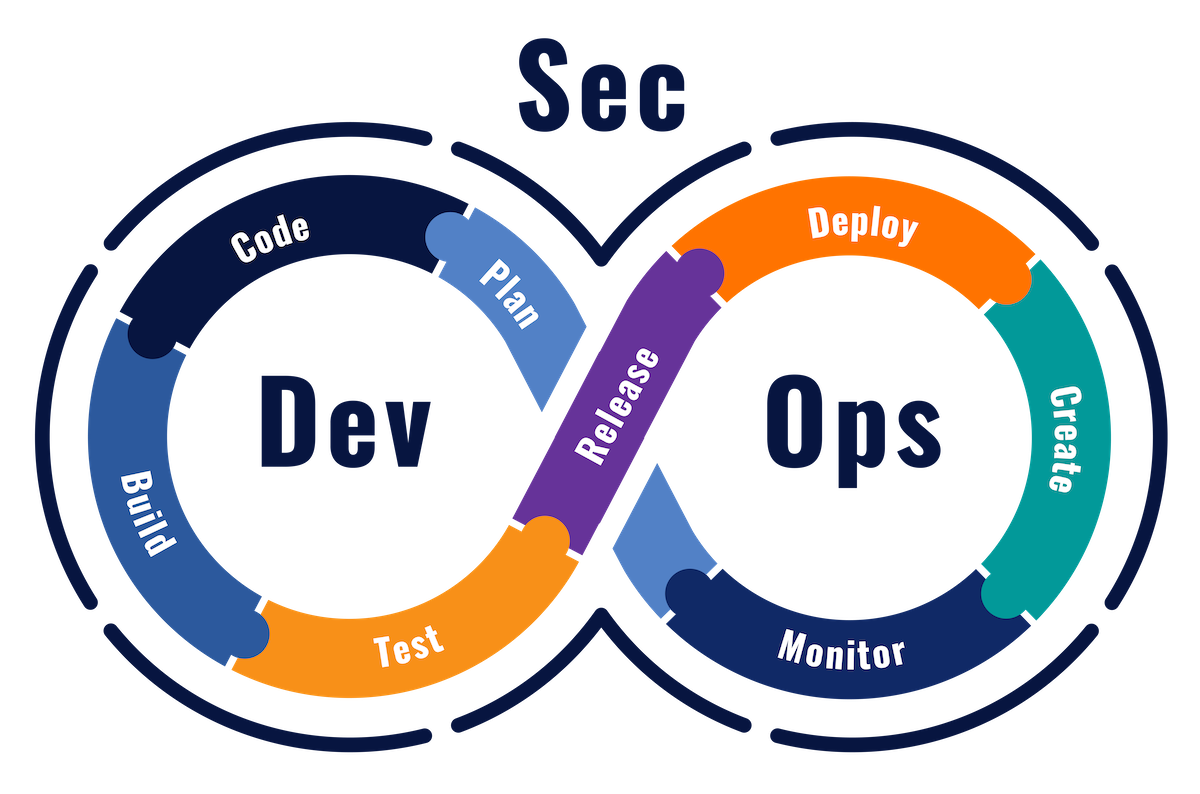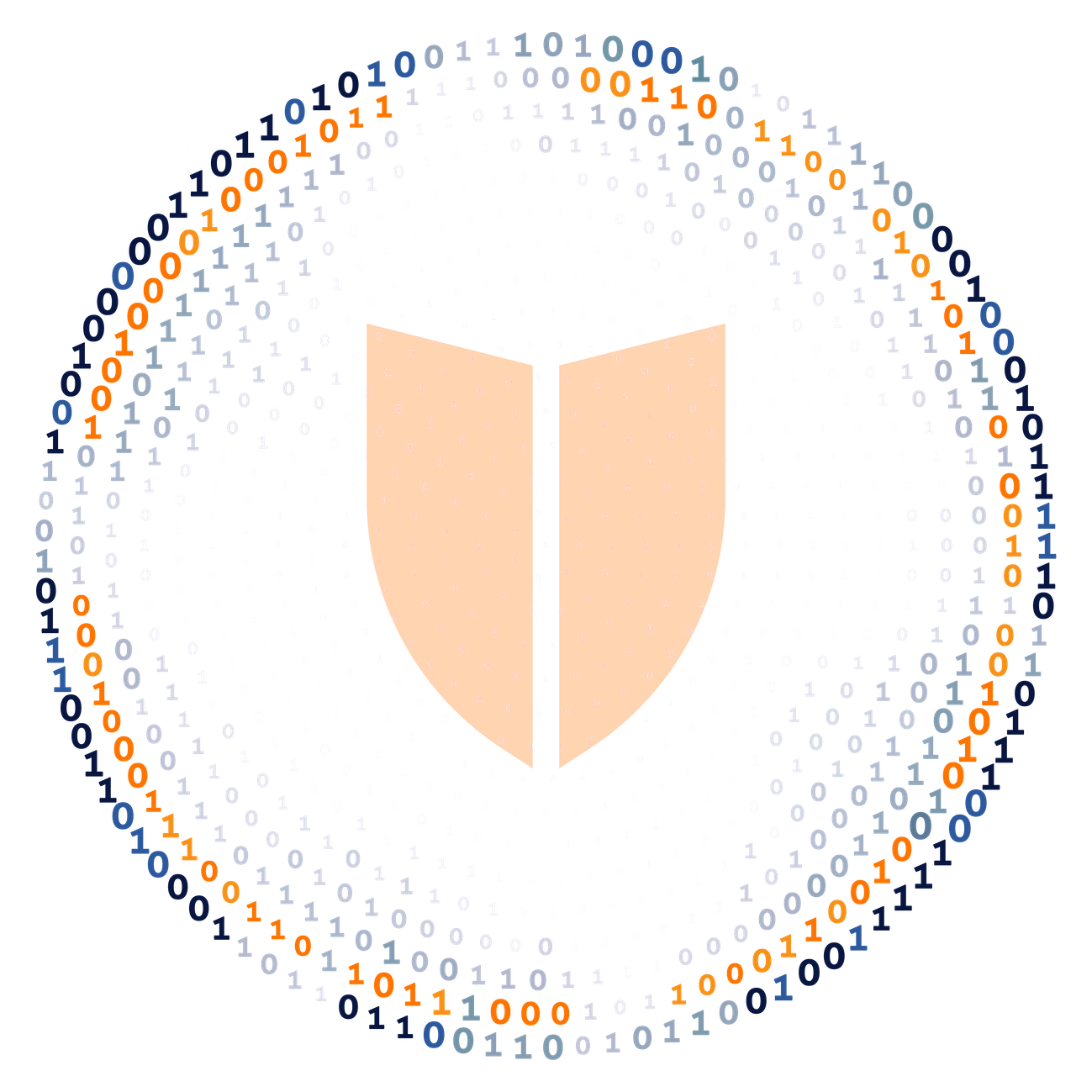Enhanced Code Security for DevSecOps
Developers are often encouraged to embrace the “Shift Left” approach by embedding code security throughout the software development lifecycle. RunSafe Security incorporates security at build-time to provide runtime protection, seamlessly fitting into your existing build process without disrupting current workflows.

Streamline Security and Accelerate Development
DevSecOps is a collaboration between developers, security, and IT operations, designed to integrate security at build time. By sharing the responsibilities of securing code across teams, organizations can save time and money by not having to stop and patch later in the process.
RunSafe enables development teams to deploy protections at build time to prevent exploitation targeting known and unknown vulnerabilities at runtime even if a fix or patch is not available. Automating DevSecOps with RunSafe Security helps organizations and government agencies deliver applications more rapidly.
“From our perspective, adding RunSafe means we have more opportunity to shrink the attack surface and reduce overall risks for our customers since security is now already built into our product.”
Easy Build Process Integration
In as little as five minutes, RunSafe can be integrated into your existing CI/CD environment without altering existing workflows.
Automatically Secure CI/CD Pipelines
Incorporate code security throughout your continuous integration continuous delivery (CI/CD) pipelines.
Accelerate Delivery and Compliance
Secure delivery and compliance without the need for active development resources or ongoing maintenance.

Defend Against 70% of Cyber Exploits at Deployment
RunSafe’s cybersecurity solutions seamlessly integrate into the build process, creating robust defenses active upon deployment without disruption or extra development work. By integrating our memory protection technology into every software release prior to deployment, RunSafe can prevent up to at least 70% of the exploits being used in cyber kill chains today.


Fortify Software and Maintain Patching Schedules
Product security is one of the most challenging and expensive aspects of automating in DevSecOps. RunSafe Security’s products give teams the tools to deliver so that DevSecOps teams can maintain their regular patching schedules rather than react to emergency interruptions. RunSafe’s security solutions are highly effective by reducing attack surfaces and hardening code against known and unknown vulnerabilities. Our approach ensures that released software is fortified against modern threats, providing robust protection without the need for active development resources or ongoing maintenance. Our approach ensures that released software is fortified against modern threats, providing robust protection throughout the SDLC.
Latest Resources
The Top 6 Risks of AI-Generated Code in Embedded Systems
AI is now woven into the everyday workflows of embedded engineers. It writes code, generates tests, reviews logs, and scans for vulnerabilities. But the same tools that speed up development are introducing new risks—many of which can compromise the stability of...
Beyond the Battlefield: How Generative AI Is Transforming Defense Readiness
When people picture AI in defense, they usually imagine automated drones, robotic soldiers, or high-stakes scenarios at the edge of conflict. But generative AI’s biggest impact today isn’t on the front lines at all but in the workflows, decisions, and systems behind...
Meeting ICS Cybersecurity Standards With RunSafe
Meeting ICS cybersecurity standards, such as IEC 62443 and NIST 800-82, requires more than just documenting policies or checking boxes. Industrial control systems rely on complex, layered software stacks—much of it legacy, third-party, or built with older...
Ready To Get Started?
RunSafe strengthens DevSecOps by embedding automated security measures into the CI/CD pipeline, mitigating vulnerabilities early in the development lifecycle without disrupting workflows or slowing down software delivery.


